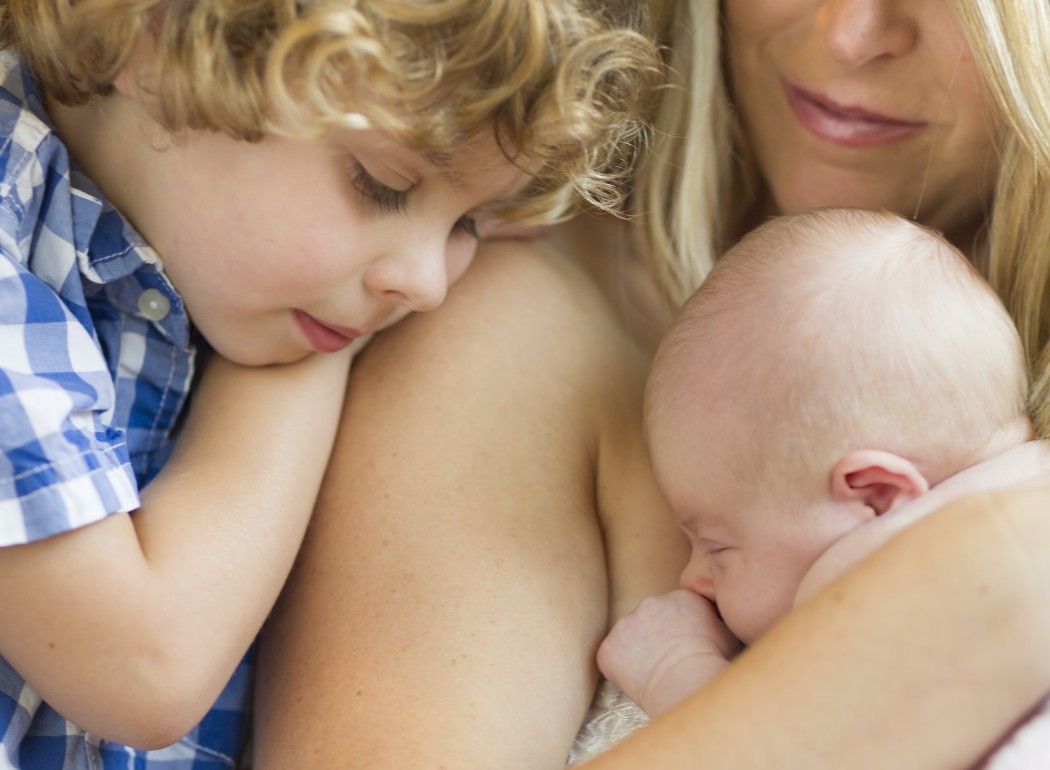NURTURING THE RELATIONSHIP BETWEEN YOUR NEWBORN AND TODDLER – BRINGING BABY HOME
Make sure you see your toddler before introducing them to the baby. You can explain that you have missed them and ask what they’ve been doing, as well as showing them that your tummy is smaller and telling them that the baby now wants to meet them.
Include your child in as much as possible – look for opportunities for them to help: bringing nappies, wipes and helping with bath time, etc. which will give you reasons to praise them. Your child may be feeling insecure and will need lots of reassurance from you. Praising is a great way of showing that they are appreciated and will make them feel good about themselves
People will be showering the baby with gifts and attention. Make sure your toddler does not feel jealous or left out – draw attention to them when visitors come round : You could praise them within earshot which will make them feel valued. You might even want to buy your toddler a small gift from the baby.
If your child shows no interest in the new baby, that is fine. Every child is different and they may just take time to get used to it.
Try to limit changes in your toddler’s life by making sure you maintain their routines, as this will help them feel safe. Recruit your partner or family to help out in order to keep life predictable for your toddler. If possible, put the baby to bed first so you can enjoy your toddler’s bedtime routine together. Snuggle up and read a story so they go to sleep feeling happy and loved.
It has been shown that cuddles and hugs activate chemicals in the brain which make us feel calm, safe and content. Look for opportunities throughout the day – maybe a cuddle whilst you are breastfeeding or immediately after, when the baby might be sleeping.
Remember to spend one-on-one time with your toddler. Give them your undivided attention and have fun. Take advantage of baby’s naps and be led by your child as to how they want to spend this valuable time with you – play, read a book, bake a cake.
You may notice that your child’s behaviour deteriorates when they realise baby is here to stay! This is normal. Try to think of the feeling behind the behaviour and ways you might help your child deal with this feeling. Young children find it difficult to verbalise their feelings and therefore act them out through their behaviour.
Don’t make your toddler keep quiet whilst the baby is sleeping. Babies will adjust to noise and your toddler will not be put out.
You might want to make any major changes, such as toilet training or removing a dummy, a few months before baby is born. Be prepared that your toddler may regress when baby arrives.
Leave Your Reply
You must be logged in to post a comment.



